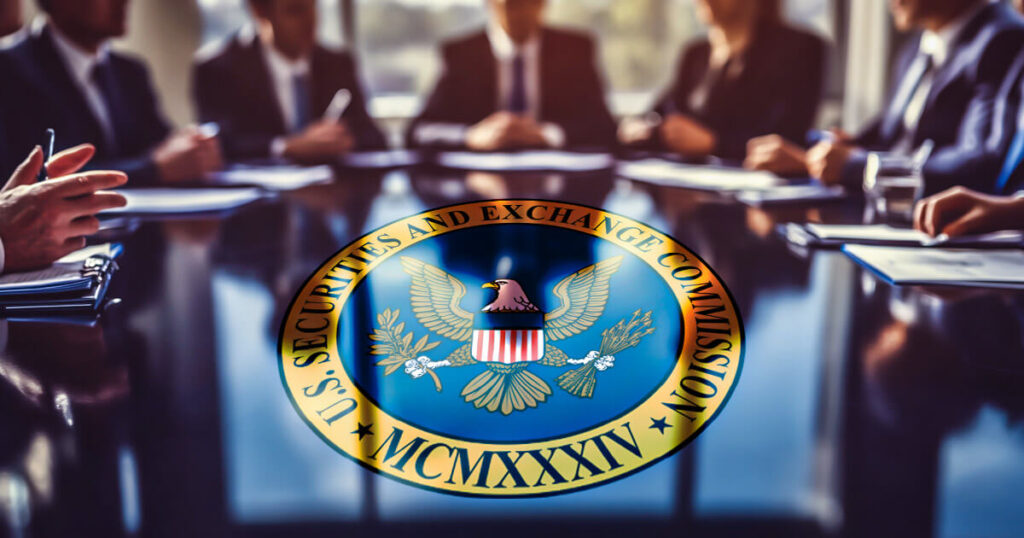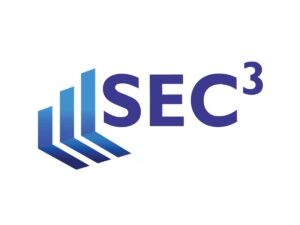First Crypto Roundtable Held by SEC to Review Regulatory Framework

The US Securities and Exchange Commission (SEC) recently organized its inaugural crypto task force roundtable on March 21 to address the need for regulatory clarity in the US regarding cryptocurrency. Despite differing opinions among panelists, the consensus was that regulation is necessary.
Panelists included both crypto advocates and skeptics, and discussions revolved around key issues such as how to classify digital assets and the limitations of current securities laws in regulating decentralized technologies.
Supporters of decentralization argued that it should be a determining factor in whether a token is considered a security or not. On the other hand, skeptics pointed out that the existing definition through the Howey test has been effective, as the SEC has had more successful outcomes than failures.
This event marked a departure from the previous stance of the SEC under former Chair Gary Gensler, who often categorized most crypto tokens as securities and took legal actions against major companies.
Discussion on legal definitions and securities law
Participants also delved into the characteristics of digital assets that could warrant different treatment under the law. Advocates suggested that aside from determining if something is a security, it might be more relevant to consider if certain securities should be granted exemptions.
They argued that one distinguishing factor could be the level of control exerted by issuers, reflecting the decentralized nature of many blockchain networks.
Lee Reiners, from the Duke Financial Economics Center, mentioned that all panelists agreed that Bitcoin (BTC) is not a security because of its decentralized nature. However, determining the level of decentralization required to differentiate between securities and decentralized entities was deemed challenging.
Assessment of investor risk and statutory authority
Critics of the crypto industry presented alternative viewpoints. Former SEC enforcement official John Reed Stark and other critics emphasized the SEC’s role in safeguarding investors buying digital assets.
They argued that the Howey Test remains a valid legal standard and that the SEC’s litigation success rate supports its authority in interpretation. Stark suggested that there was no need to revise the existing framework.
Despite conflicting opinions, participants agreed on the importance of clear definitions and consistent regulation for the benefit of the industry and the SEC’s oversight responsibilities.
This roundtable is part of ongoing efforts to update the SEC’s approach to crypto markets while balancing investor protection with technological advancements, signaling the beginning of a reassessment process by the regulator.
Mentioned in this article 
Source link
#SEC #holds #crypto #roundtable #reassess #regulatory #framework





